“Any mistake can be traced to an assumption.”
A brief RV exchange between Oliver, Norman and Shane during the initial stages of their mail investigation, these “famous words” also presented a core theme of Signed, Sealed, Delivered: The Road Less Traveled. Believe it or not, Oliver, Norman and Shane were, or eventually ended up, operating on assumptions of some kind throughout the film.
An assumption is, by definition, “a thing that is accepted as true or as certain, without proof.” Oliver operated for a time on the assumption his relationship with Shane was in jeopardy; Norman operated on the assumption that Rita wouldn’t want to marry him if he wanted to adopt; and Shane operated on the assumption the revelation of her sister would tear her current relationships apart. What all of these assumptions have in common is that they were rooted in another kind of “assumption”---the taking up, or adoption of, identities or burdens which were incorrect or not theirs to carry. The manners in which they were acquired varied, but all of them are evidence of past pain and trauma, the consequences of which were erroneously transposed onto their present, and posed a potential threat to their future if left unaddressed.
Today, we start that journey of understanding with OIiver.
Torn between his deep feelings for Shane and the deep emotional trauma from his past, Oliver had to weigh what he knew to be true about Shane and their bond, against this past trigger to discern the truth and chart a path forward.
Rear View Mirror
| In the Relationship Road Map post, we reviewed Oliver’s history with the women in his life. We know “[Oliver’s] mother left [him] in search of adventure, [his] wife left [him] in search of...something,” and that conditioned Oliver to have difficulty “imagin[ing] a woman staying in [his] life.” What we’ve yet to address, however, is how their abandonment actually ingrained in Oliver a belief that he wasn’t enough for his mother or Holly to stay. Echoes of this have come out throughout the series. |
This fully explained Oliver’s response to the text message that appeared on Shane’s phone. He had allowed himself to become attached to Shane on a deep level. She was an important woman in his life. To encounter a text message from an unknown party expressing things like “You can’t avoid me forever. I love you and I miss you,” likely not only brought back feelings of not being enough, but perhaps even echoed his mother’s infidelity, the worst kind of relationship betrayal. This particular trigger caused Oliver to question everything, even Shane, whom he once thought permanent and secure. In fact, it hit such a raw emotional nerve that it caused Oliver to very nearly discard or ignore all the evidence that he was worth, and was already the subject of, a very deep investment, a core indicator that Shane had no intention of leaving him.
Missed Signals
But because Oliver had long ago subconsciously assumed the identity that he wasn’t enough, he couldn’t fully comprehend the evidence presented through Shane to the contrary in the present, nor even consider that perhaps Alex Brighton had no bearing on him or his relationship with Shane at all. It was the gap between his ingrained “assumption,” and lack of context for Alex Brighton, that fueled Oliver and Shane’s “temporary failure to restart.” Reeling, Oliver reacted, rather than responded, to his discovery. Operating on incomplete information, he allowed his past wound to convince him Shane was slipping away in the present, and Oliver, unfortunately, acted accordingly.
System Diagnostic
| Oliver’s relationship road map called for “making friends” with the “noises and rattles” to find out “what [Shane] likes and what she doesn’t,” and to “always pay attention.” This necessarily required Oliver to push past his insecurity---and with it, his assumed identity---to isolate and evaluate his relationship with Shane in the present. To evaluate, Oliver had to place the relationship in context, including the evidence Shane presented that demonstrated her investment in the relationship, plenty of which was staring him in the face. By embracing his road map, Oliver tempered his perceptions and actions based on the proof he already had, rather than continuing to act out of incomplete information. |
Even so, the question of “who [Shane] belong[ed] to,” still lingered for Oliver, but it also revealed something about him. When he verbalized this alone in the RV, it was first time Oliver had ever verbalized his core issue of belonging or, conversely, his worth being connected to in some form. It was almost as if Oliver’s relationship road map had isolated this core issue that lay underneath his immediate concern over Shane. Having made the choice to “not let go” of Shane, Oliver committed to exercising patience as he allowed things to play out. Exposed and divorced from his immediate circumstances, Oliver’s core issue of belonging came to the fore. The depth of his feelings for Shane, however, compelled Oliver to remain steadfast in his relationship and make the choice to trust her, and their bond, to move beyond that insecurity.
| The core function of Oliver’s relationship road map was to deepen his relationship with Shane by getting to know her in a complete and comprehensive way in pursuit of becoming one. Interestingly, it also served as a diagnostic tool through which Oliver could logically assess the state of their bond and adjust his behavior based on his findings. Applied in this context, it also isolated and exposed his core issue of belonging, which allowed Oliver to identify, and choose to move beyond, that insecurity to continue to pursue Shane. |
Looking Ahead
Alex, and the text messages, were the symptom of a problem whose root was completely independent of Oliver in every way, shape and form. This revelation was a critical moment for Oliver, as it directly spoke to the assumption upon which he had been operating. Distracted by his concern that their relationship was headed for a breakdown, Oliver never stopped to consider the issue lay with Shane. This completely invalidated Oliver’s insecurity that he wasn’t someone for whom Shane thought it was worth staying. More importantly, it separated Shane from both Holly and his mother for good. Shane was an important woman in his life, and she would continue to be so permanently. His insecurity removed, Oliver had the confidence to demonstrate, and even increase, his own investment in their relationship, and simultaneously assigned himself a new, more apropos identity in the process.
| Oliver had already begun to invest more deeply in the relationship when he committed to “hold[ing] [Shane’s] hand while [she] work[ed] things out.” Once more secure (safe) in his relationship with Shane, Oliver became emotionally available, and confident, to do more. Beyond simply coming alongside Shane for support as she emotionally grappled with Alex, Oliver, by reassuring Shane that she “wouldn’t have to [face Alex] alone,” assumed some of that burden. The commitment of someone interested in more than just a “relationship,” Oliver assumed not only an increased emotional responsibility, but the label of “boyfriend” that identified, and declared, it. Oliver even encouraged Shane to share his new identity with the same person who initially triggered his temporary crisis, a clear sign Oliver had made a clean break with the identity that once held him back. |
Tackling Triggers,
~C
Overcoming Assumptions: Oliver | Norman | Shane
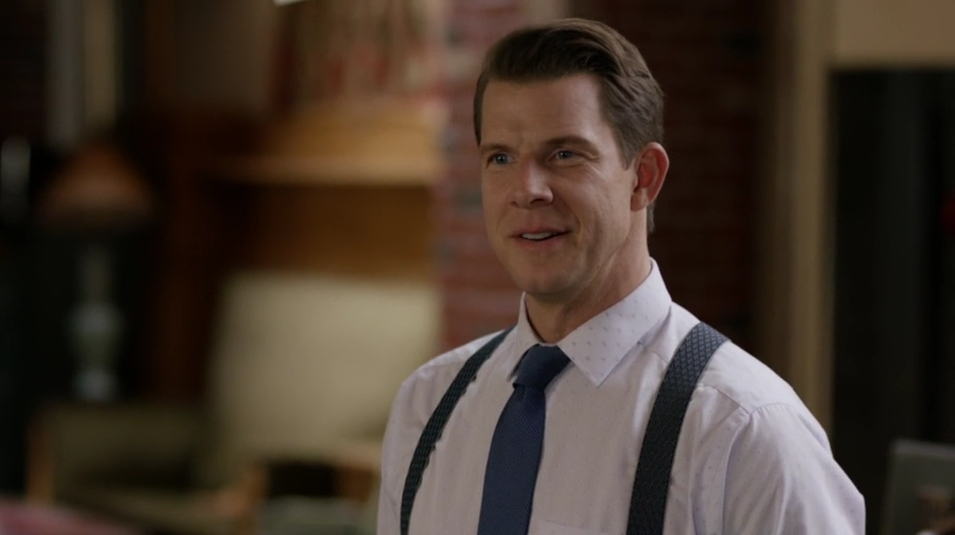
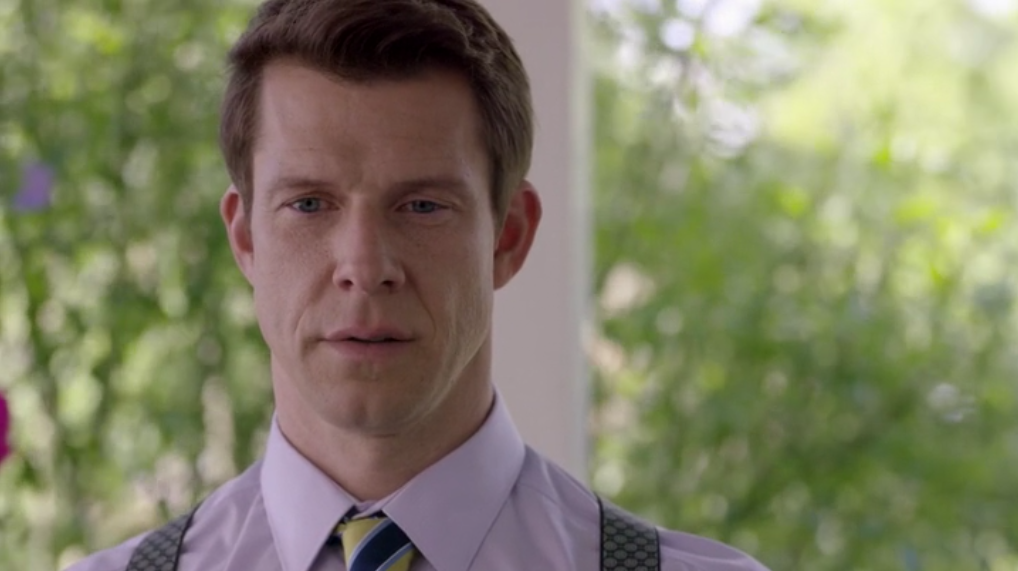
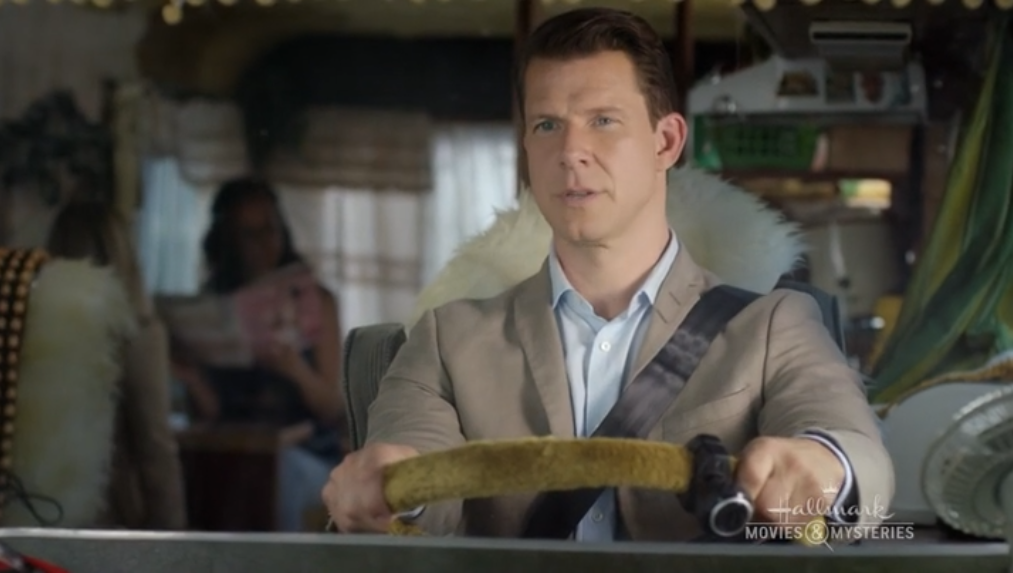
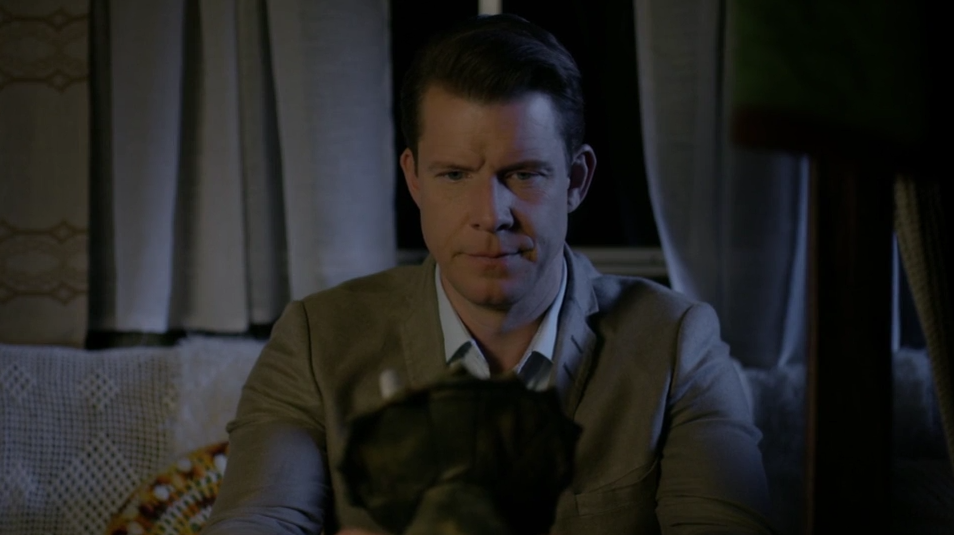
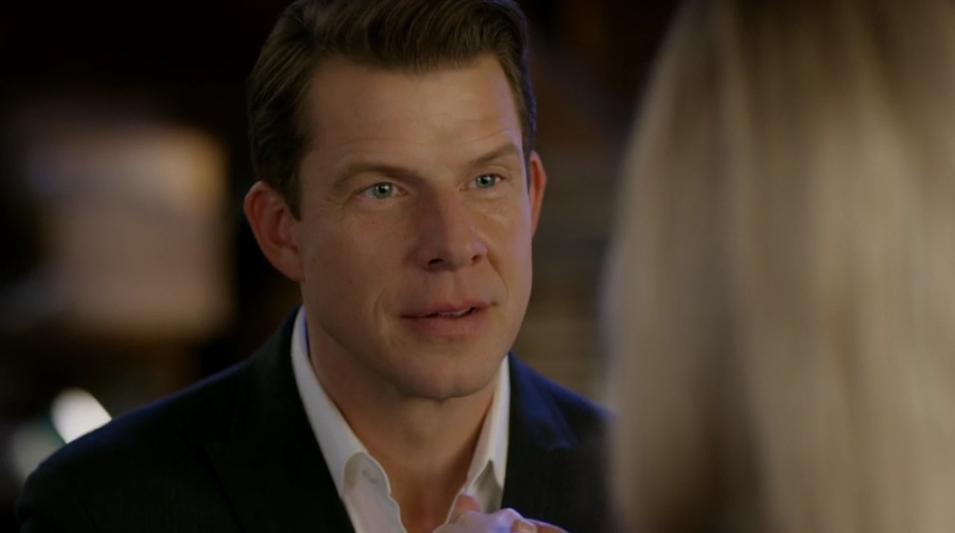
 RSS Feed
RSS Feed
